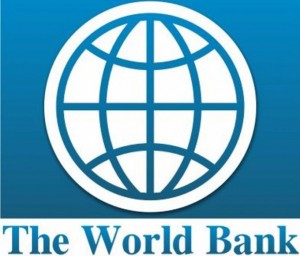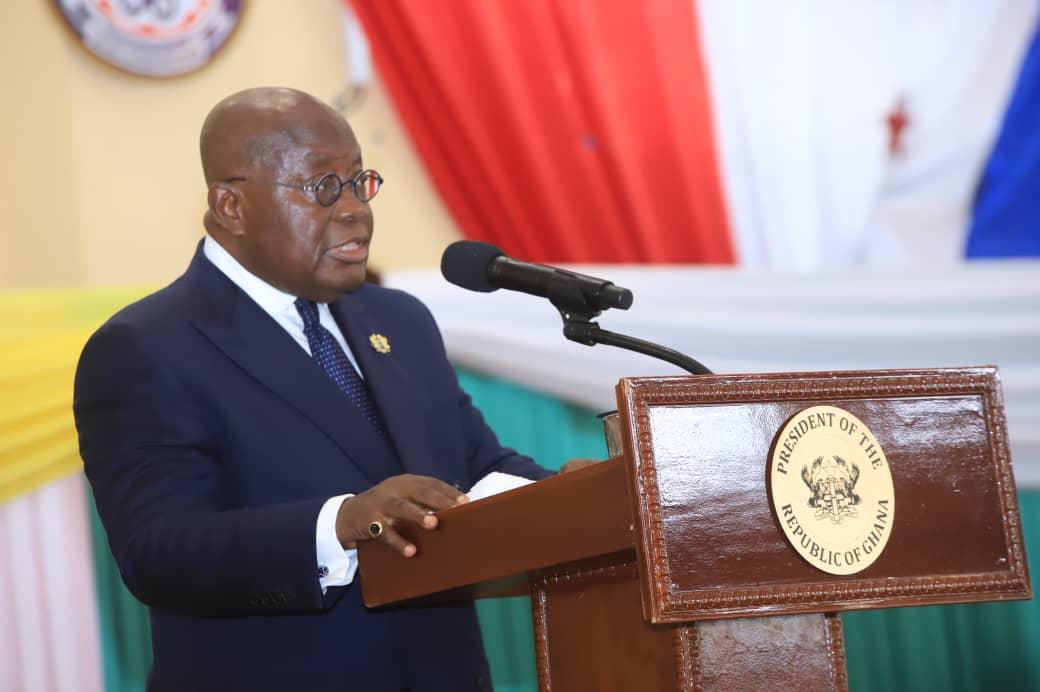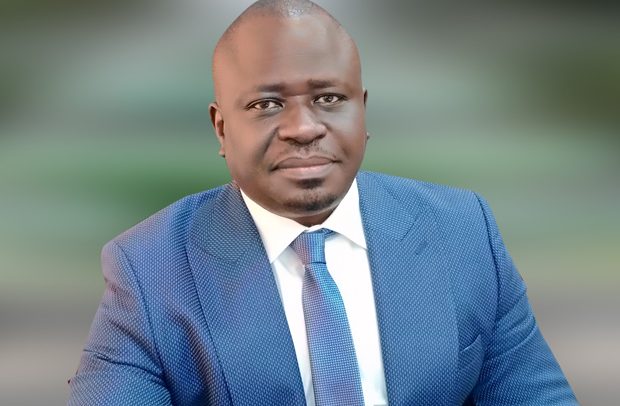

 Ghana lost a colossal amount of $1.4 billion in the past year, and could lose up to $2 billion next year if the country does not execute the long-awaited policy reforms in the energy sector, the World Bank has warned.
Ghana lost a colossal amount of $1.4 billion in the past year, and could lose up to $2 billion next year if the country does not execute the long-awaited policy reforms in the energy sector, the World Bank has warned.
The Bank in its 2025 Policy Notes on Ghana titled “Transforming Ghana in a Generation” released Wednesday September 24, 2025, notes that Ghana can achieve a generational transformation, by implementing comprehensive policies and institutional reforms to boost productivity, improve infrastructure services, and strengthen human capital and its workforce skills.
“These reforms could sustain economic growth exceeding 6.5 percent, triple per capita income by 2050, and counter headwinds from demographic trends and the decline in natural resources,” the Bank said.
It however warned that further delays in the long-awaited reforms of the energy sector are risking the country’s macro-financial sustainability.
The Bank said the delays cost the government approximately $1.4 billion in 2024 on transfers to cover the financial shortfalls in the energy sector, and these are projected to rise to about $2 billion by 2026.
“This is about two percent of GDP, which could otherwise be used for priority spending in health, education or improving Ghana’s road network. In this sense every month of delay is extremely costly for the nation. We are deeply concerned about insufficient progress on these critical reforms. However, some advancements are evident in the sector, as shown by the 40 percent increase in revenues recorded through the cash waterfall mechanism this year – pending audit confirmation – compared to the same period last year,” the Bank said.
Ghana under IMF programmes
The World Bank noted that Ghana’s history is marked by persistent governance issues that have obstructed policy reforms and prevented structural transformation and hindered economic diversification, thereby perpetuating a ‘boom and bust’ cycle.
According to the Bank, sudden macroeconomic stops and crises have led the country to request a record 17 programmes with the International Monetary Fund (IMF), remaining under active IMF programmes for 40 out of its 68 years of history.
COVID-19 and Russia-Ukraine war not to blame
The Bank for the first time has publicly repudiated the long held and persistent claim by the Ghana government that the country’s economic crisis has been as a result of the COVID-19 outbreak and the Russia-Ukraine war. The Bank instead, blames the country’s persistent governance issues.
It points out that more recently, easy access to capital markets and the potential for natural resource windfalls have exacerbated these governance challenges, fostering political short-sightedness; delaying crucial reforms; and resulting in fiscal indiscipline, inefficiency, and mismanagement. This, in turn, has weakened the social contract.
The Bank was clear in stating that the deterioration of global conditions due to the COVID-19 pandemic and the Russian Federation’s invasion of Ukraine was not the cause of the 2022 macroeconomic crisis; rather, it merely exposed an economy already beset with deep structural vulnerabilities and precarious macroeconomic conditions.
Among other things the Bank said governance challenges continue to obstruct policy reforms and structural transformation, adding that persistent fiscal indiscipline, inefficiencies, and mismanagement continue to erode trust, with heavy reliance on natural resources, limited structural transformation and productivity gains being the issues.
Income per capita stagnated
The Bank said Ghana’s income per capita has stagnated around $2,200 over the past 10 years, with poverty affecting over a quarter of the population and regional disparities worsening due to limited structural transformation and dependency on natural resources.
“Rising macroeconomic imbalances led to a severe crisis in 2022, further hindering job growth and undermining poverty reduction efforts,” it said.
Reset
The Bank noted that the next four years, however, offer a unique opportunity to break from past practices and strengthen the social contract, urging the current government to seize this opportunity with an urgent reset.
It says with a strong popular mandate and a significant parliamentary majority, the new government is uniquely positioned to lay the foundations to foster broader-based economic growth and structural transformation. In line with the new administration’s call, the prime goal for the government is to step up with greater governance and transparency to place public debt on a sustainable path, convert the natural resource curse into a blessing, and regain the trust of its citizens, which remains among the lowest in Africa.
“These efforts can establish a solid basis for successive administrations to build upon, allowing the country to capitalize on the ‘demographic dividend’, with 500,000 young people to join the labor force each year, contributing to a young working population of nearly seven million by 2030,” the Bank said.
By Emmanuel K Dogbevi
The post Delays in energy sector reforms cost Ghana $1.4b in 2024 – World Bank appeared first on Ghana Business News.
Read Full Story
















Facebook
Twitter
Pinterest
Instagram
Google+
YouTube
LinkedIn
RSS